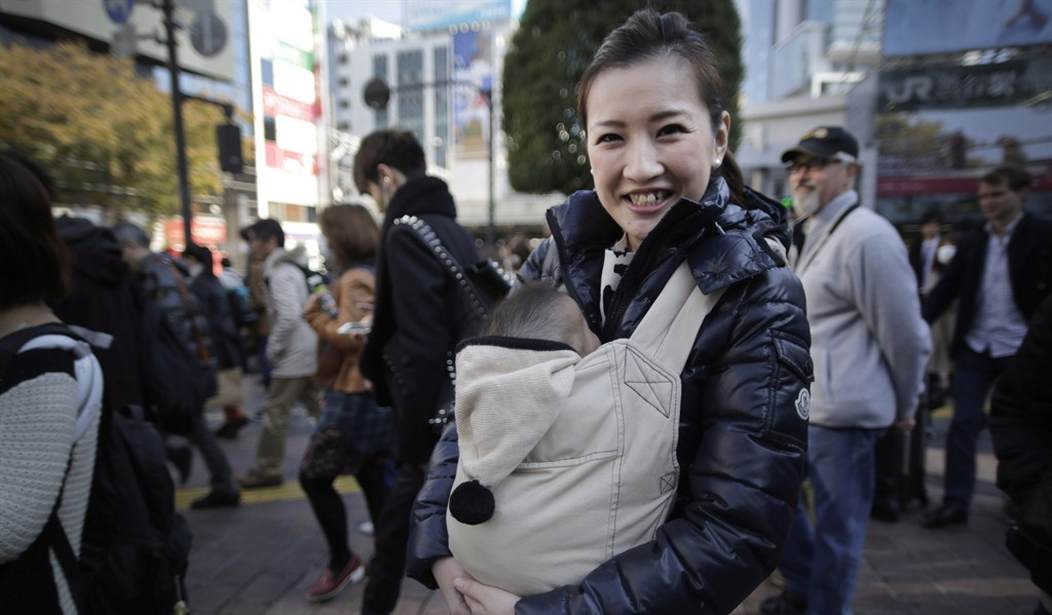Birthrates in the western world have been on the decline for some time now, as we’ve discussed here before. This is happening for a number of reasons and it’s quite concerning. One of the places that have been hit the hardest is Japan, where birth rates have been on the decline since the beginning of this century. Ten years ago, the government predicted that unless things changed, the country might fall below 800,000 births per year by 2031. It turns out that they were off in their calculations because they dropped to that level eight years early. Last year, they failed to reach the magic number and the country’s Prime Minister is warning that this is a “now or never” moment for Japan. If they can’t turn this around, he is concerned that Japanese society will have reached “dysfunctional” status. (Reuters)
Japanese Prime minister Fumio Kishida pledged on Monday to take urgent steps to tackle the country’s declining birth rate, saying it was “now or never” for one of the world’s oldest societies.
Japan has in recent years been trying to encourage its people to have more children with promises of cash bonuses and better benefits, but it remains one of the most expensive places in the world to raise a child, according to surveys.
Births plunged to a new record low last year, according to official estimates, dropping below 800,000 for the first time – a watershed moment that came eight years earlier than the government had expected.
Part of the reason that Japan’s birth rates are declining this quickly may be purely economic in nature. The government has already begun offering direct cash bonuses and enhanced medical and employment benefits to families having children. But even with those benefits, Japan remains one of the most expensive places in the world to raise a child. And crowding in the major population centers makes larger housing for growing families unattainable for many.
With a median age of 49, Japan has the oldest population in the world aside from the city-state of Monaco. For comparison, the median age in the United States is 38.1, up from 37 in 2011. Compare those numbers with Niger, where the median age is only 14.8. Neighboring African countries have similarly low median ages in the teens. But to be fair, the average life expectancy in Niger is only 53, nearly 16 years less than in America and a lack of resources means that many people die young.
The Prime Minister said that he is submitting plans to double the budget for child-related policies this year. But will that be enough? I suppose it can’t hurt, but there is almost certainly more to the story than just the financial cost of raising a child to adulthood.
There’s a cultural aspect to this trend and we’re already seeing it in the United States. Many families find it too inconvenient (as well as expensive) to have children early in their lives, so they put it off. Some of them put it off for too long, only to learn that the prospective mother is no longer fertile enough to conceive. On top of that, male sperm counts have been cratering, leading to even more issues. That syndrome is also being observed all over the western world.
There may be social issues involved as well. Some younger people seem to be despondent about the state of the world and what the future holds. Why bring a baby into the world if everything seems to be going to hell in a handbasket? Some days I can’t really argue with that attitude all that much.
In any event, Japan is acting as a test tube for the rest of the developed world. If they can’t increase their birth rate or at least stop the decline soon, there will be far too many old people for the next generation to support. At that point, their society may indeed become “dysfunctional” and their economy will implode. And if it can happen in Japan, it can happen anywhere sooner or later.








Join the conversation as a VIP Member